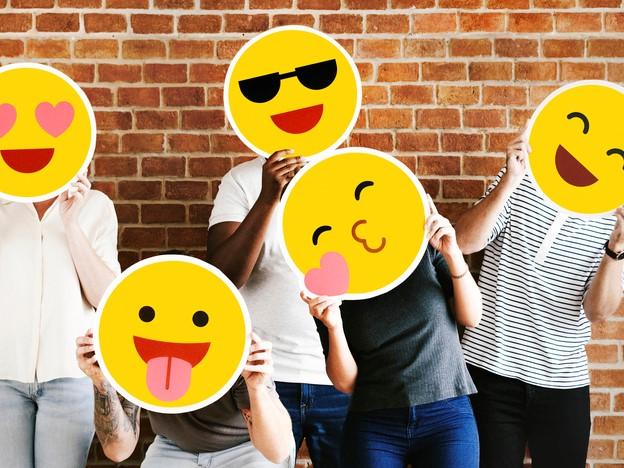Student ambassador programmes are a tried and tested method for universities to promote their brand, create authentic marketing campaigns, and provide peer support to students. But the way students interact with one another is changing rapidly.
With social media platforms offering new methods for users to make a living, some higher education institutions are exploring the overlap between ambassadors and online influencers. For Gen Z, in particular, universities could benefit from the young creative talent at their disposal by retooling the traditional ambassador programme.
During a discussion at Times Higher Education’s HashtagHigherEd UK event, held in partnership with Unibuddy, Emma Froud, head of business development for the UK and Canada at Unibuddy, and Mikki Collins, digital content producer at the University of Chichester, shared insights about how institutions could rethink their ambassador programmes for the digital age.
“Many of your students are studying marketing. They are studying things like photography, film-making and other creative arts programmes that the university could use within its ambassador programme,” Froud said. “So it’s about identifying the right students to become influencers – a new kind of brand ambassador for your organisation.”
Prospective students are no longer expecting a prospectus to arrive in the post or registering their interest on a physical form so universities can respond to them. Increasingly, they want to engage and interact with current students, brand ambassadors and influencers. The community and group functions offered by Unibuddy allow institutions to see the kinds of topics that students are talking about.
“We’ve noticed that there was a much larger demand for digital content during the pandemic – something that has continued,” Collins said. “We now utilise Unibuddy on our website, every email message and every course page to make it easier for prospective and current students to get in touch with one another.”
The University of Chichester recruits student ambassadors by reaching out to see if they are interested in joining the programme or, alternatively, by headhunting students with large follower numbers on social media.
“Using performing arts students for on-camera projects has been revolutionary for us,” Collins said. “Other important tips to consider when starting your own influencer programme include sponsoring students to create content on their own platforms and getting prospective students interested in digital opportunities before they start their course. The more opportunities we provide for students, the more they want to work with us.”
Find out more about Unibuddy.


comment